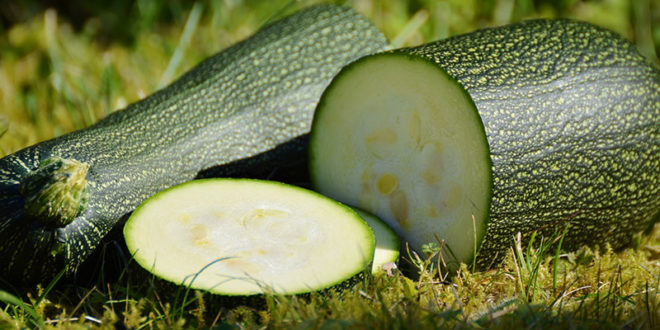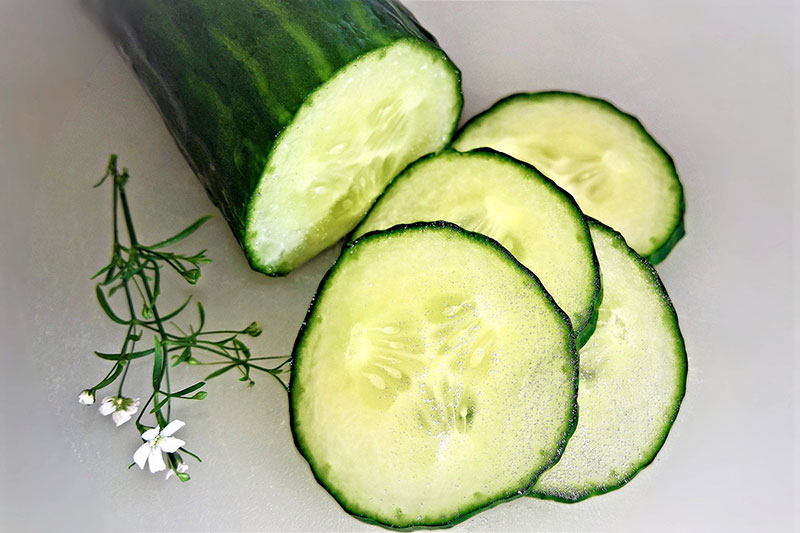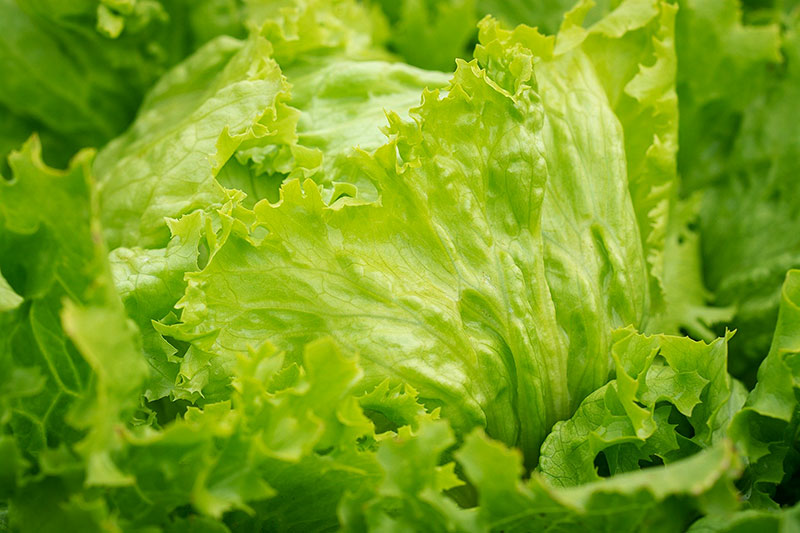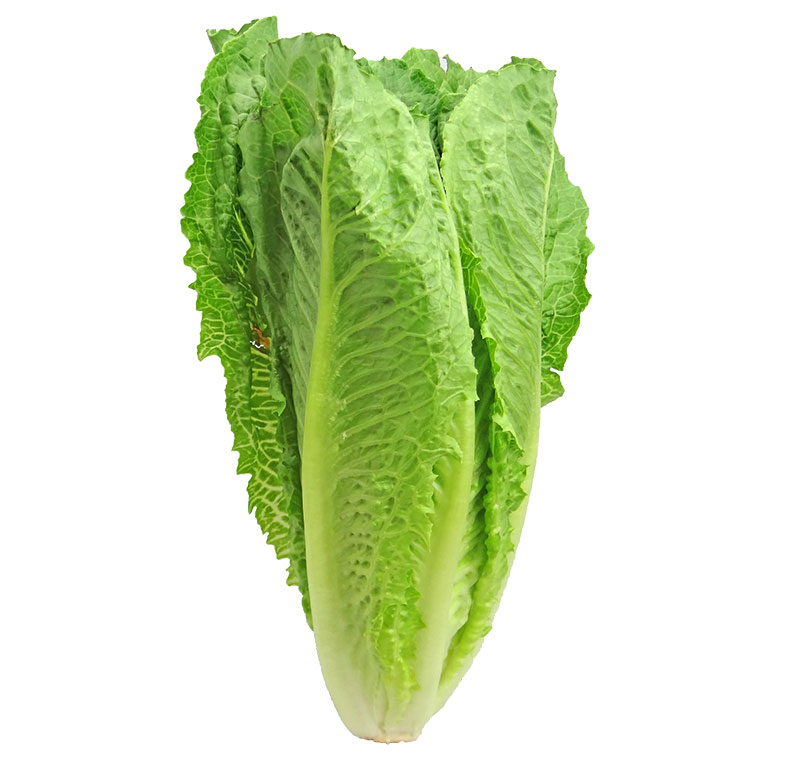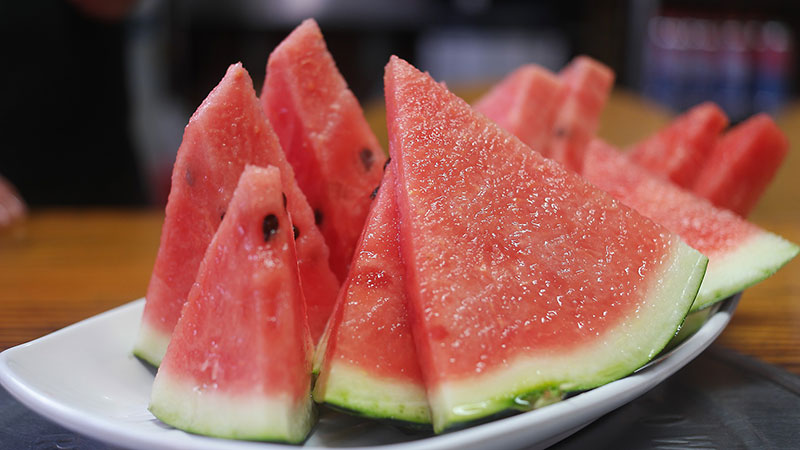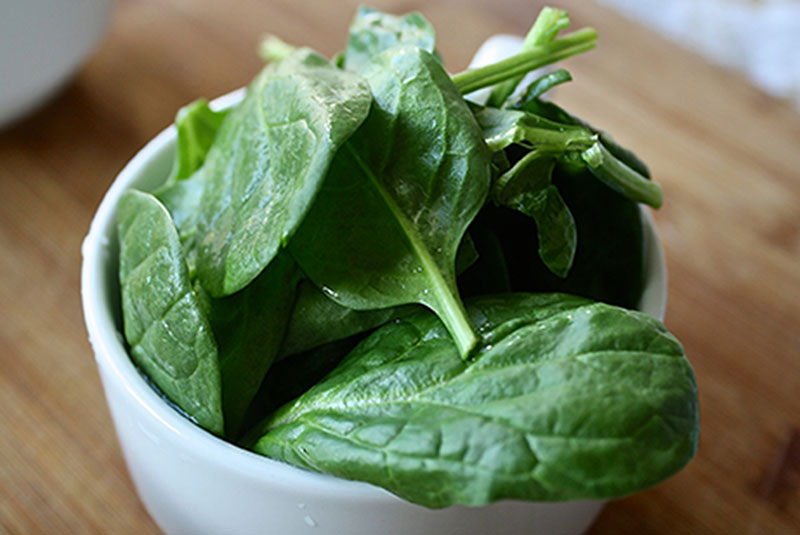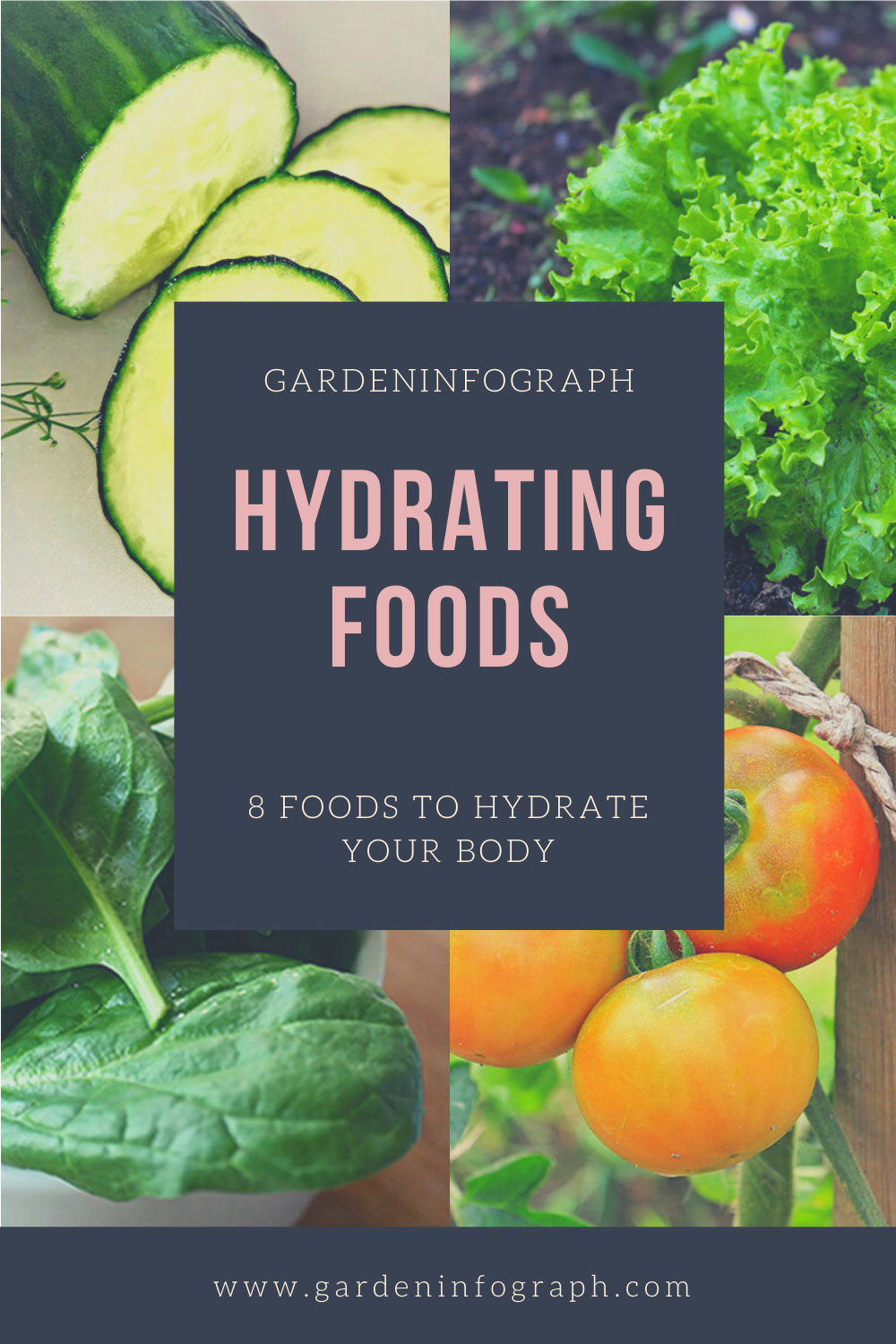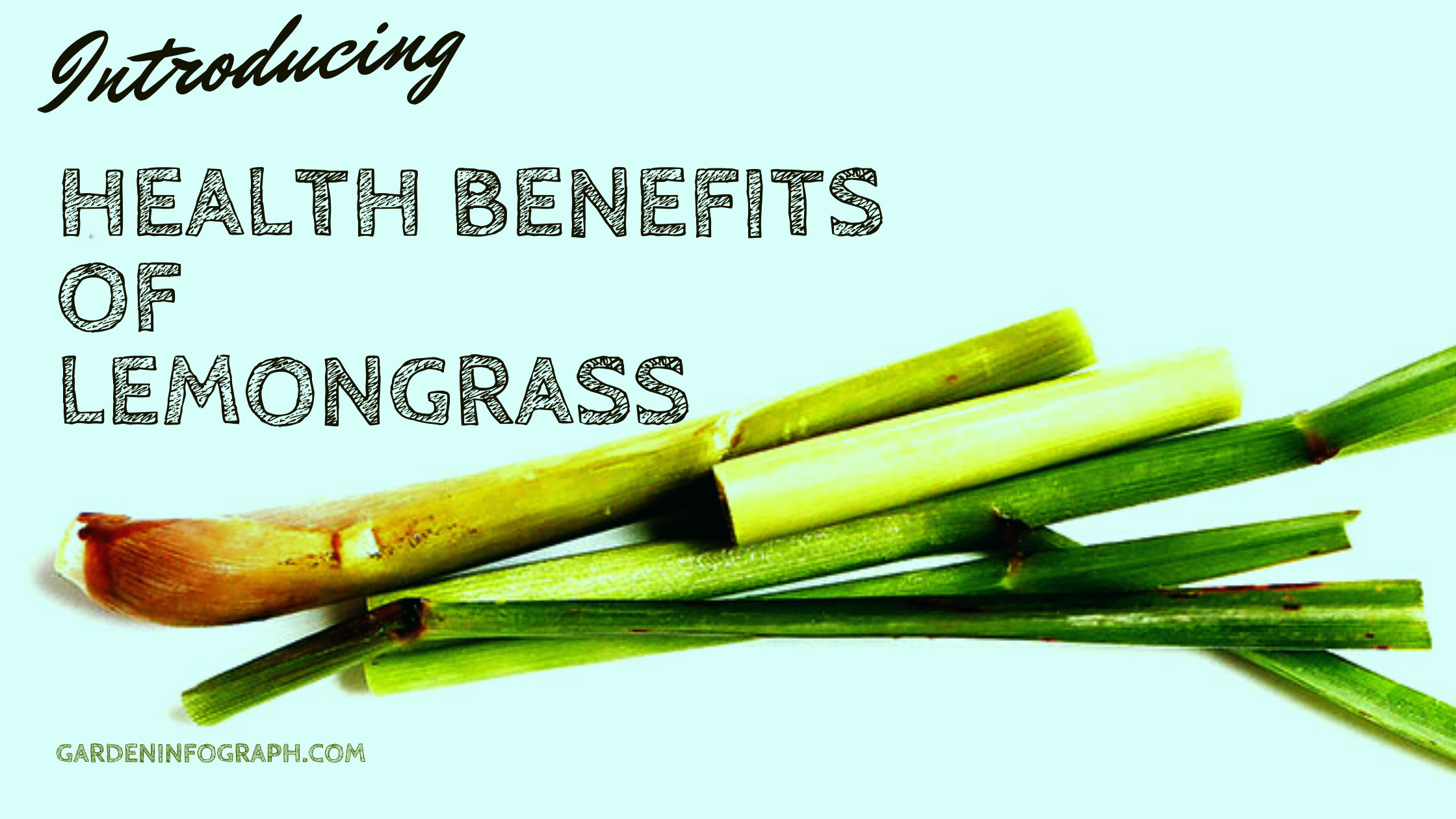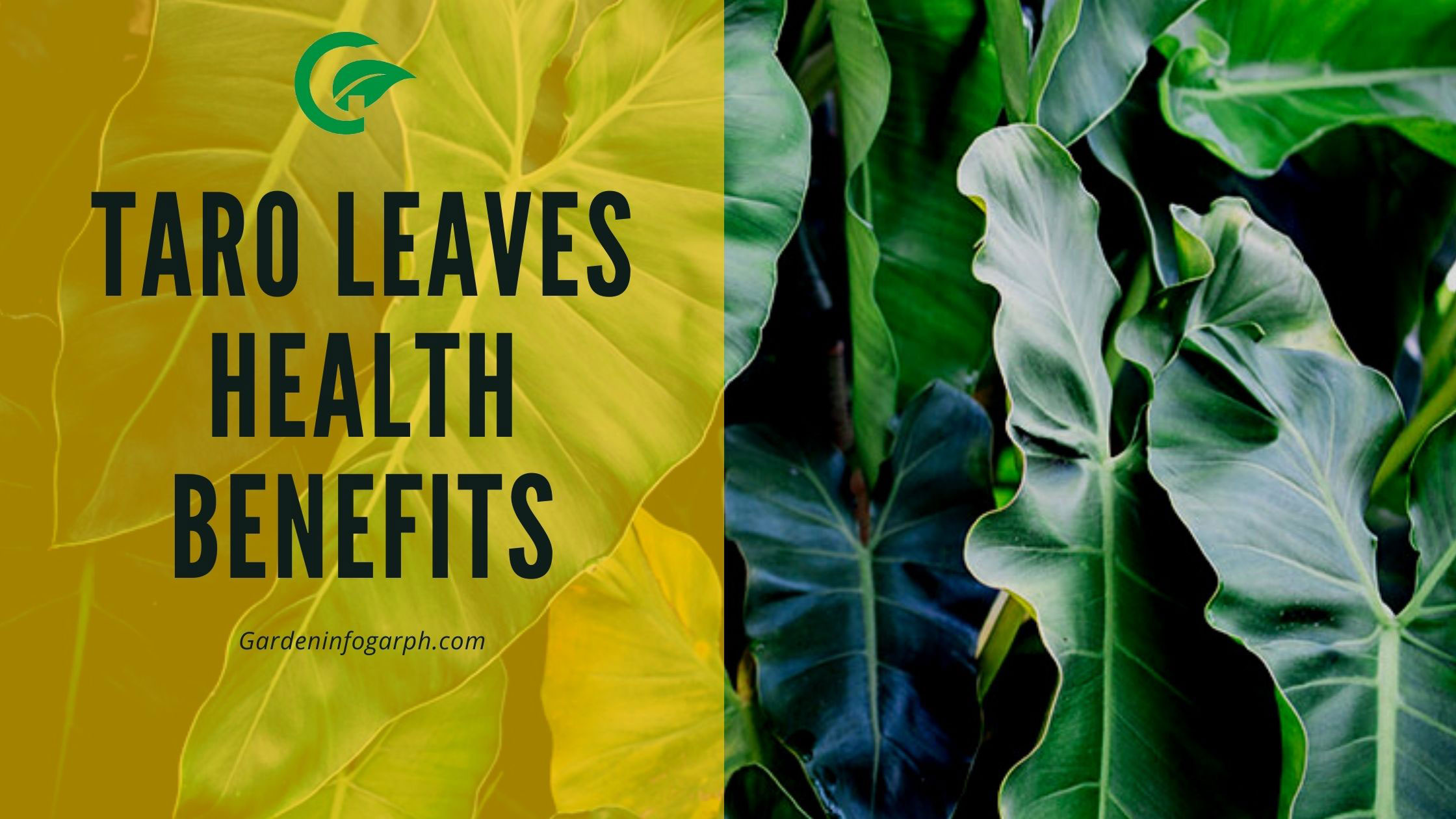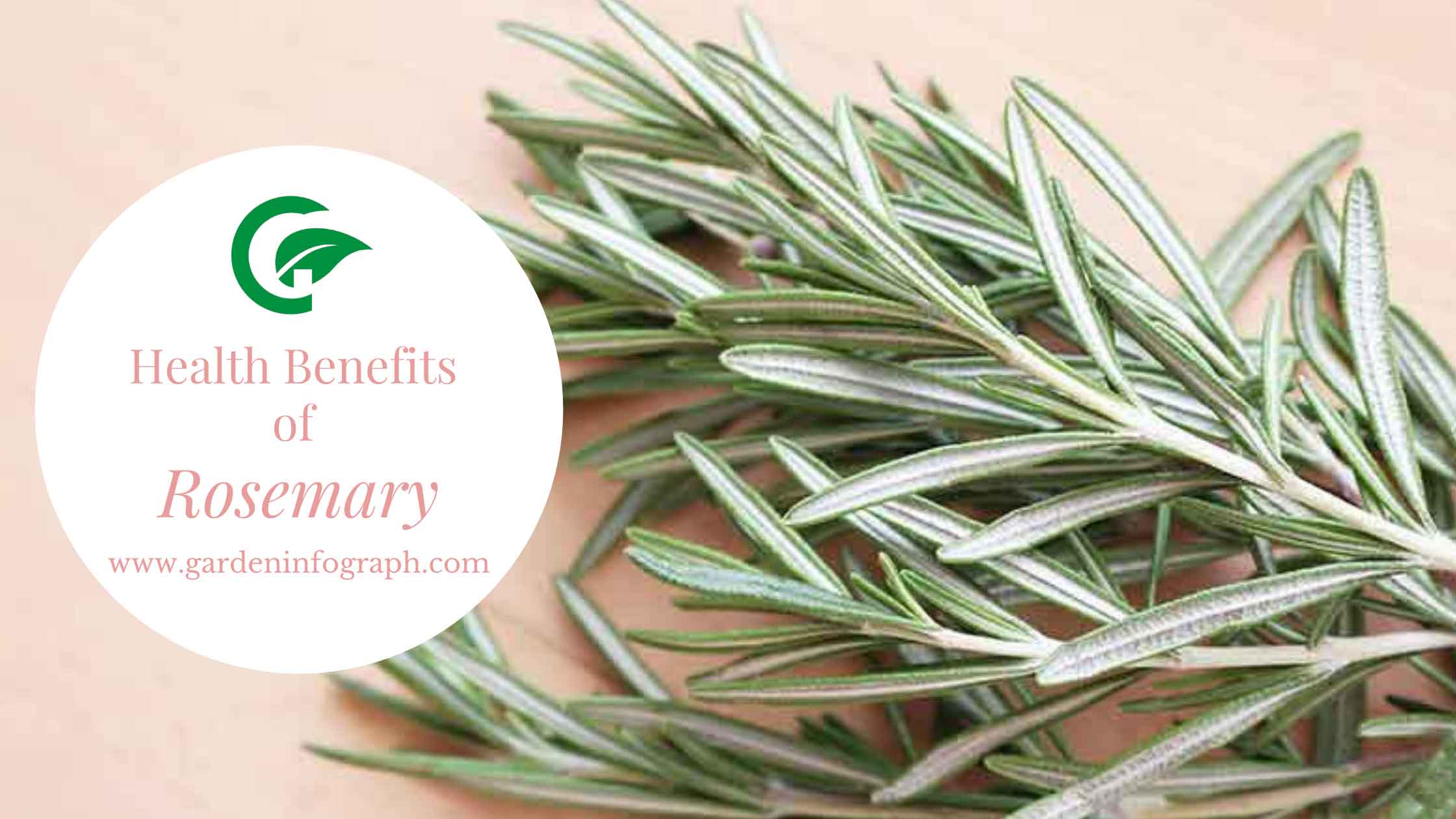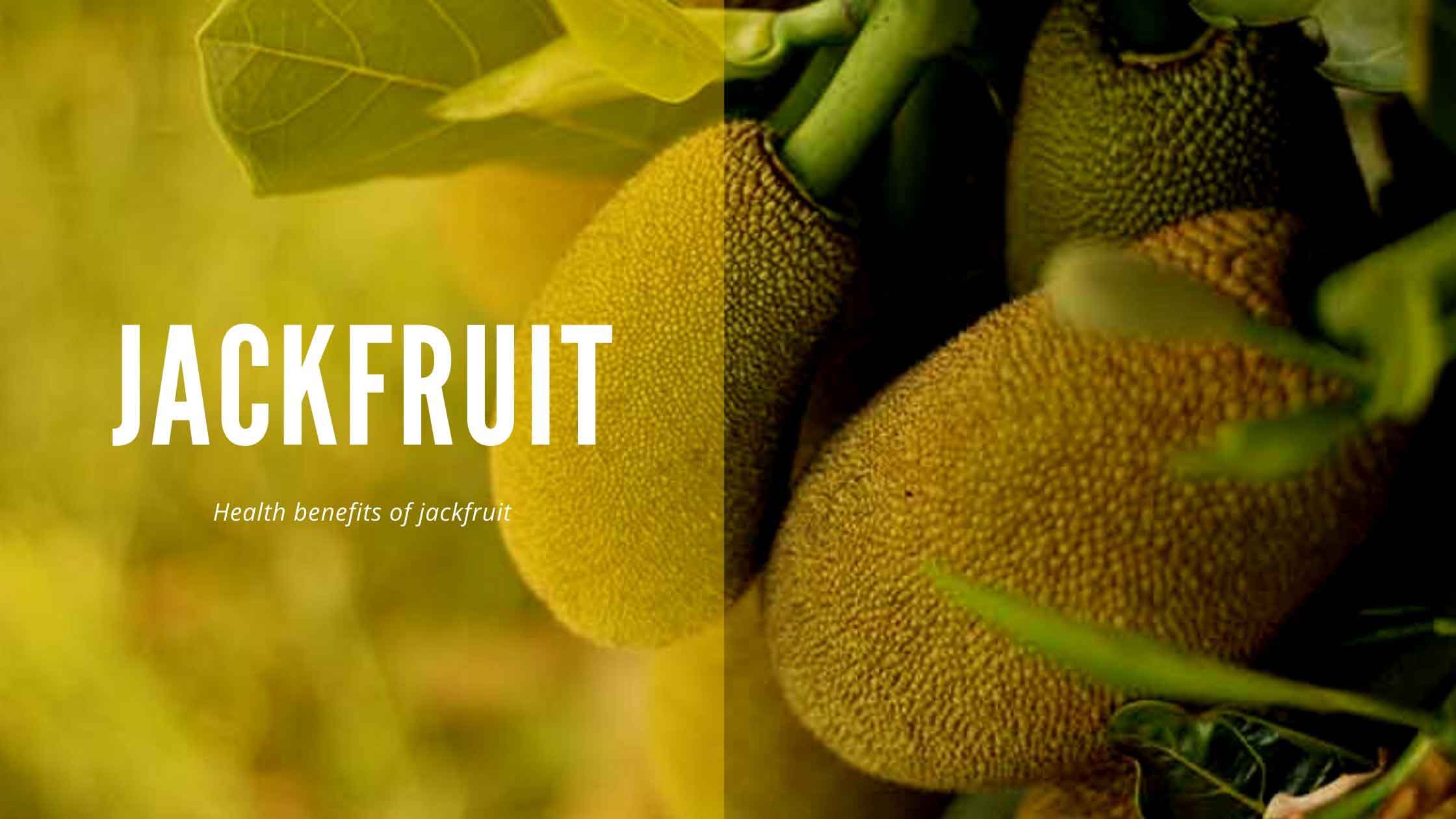Hydrating foods
Water is very essential to live a healthy lifestyle, but water alone cannot hydrate the body completely. In fact, people can increase the hydration level in their body and water intake with many foods.
Eating healthy and hydrating foods can keep the water level up in our body especially during warm weather when the body loses water and vital electrolytes through sweating. It also provides a variety of nutrients that are required by the body.
Following 8 foods will be a great substitute of water to keep your body healthy and hydrated.
-
Cucumber
Water content in cucumber is 96.73%.
It is the most hydrating food and is the best way to keep the water level up.
Cucumbers are a good source of potassium and it also contains phosphorus, magnesium, and also a small amount of calcium as well.
Although they do not have high vitamin and mineral content like some other fruits and vegetables, they do contain a really special nutrient called cucurbitacins. This nutrient is suggested to have an anti-diabetic effect.
Cucumber can be eaten in salad or as a side dish with your meal. Also, cucumber water is a popular summer drink for people who do not like to drink plain and tasteless water.
Find out more benefits of cucumber
-
Iceberg lettuce
Water content in the iceberg lettuce is 95.64%.
Iceberg lettuce is a variety of lettuce. It is pale green in color and crunchy. It is not as nutrient-rich as some of its leafy green variety. But it still offers amazing health benefits.
It is low in carbohydrates and sugar which makes it an ideal food for fitness-loving people or people with diabetes. It is rich in fiber, vitamins A and K, potassium, and zinc.
A surprising fact about iceberg lettuce is that with hydrating the body it can also help people to fall asleep.
Does Iceberg lettuce have any health benefits?
-
Celery
Water content in celery is 95.43%.
Celery is a light green color, crunchy vegetable. It is low in calories, protein, and carbohydrates and also loads of fiber in it. Celery is also enriched in vitamins A and K, as well as folate and potassium.
Celery can make a really good snack. People also spread peanut butter or almond butter on the top which adds lots of extra protein and makes it even more healthy.
health benefits and risks of celery
-
Tomato
Water content in tomato is 94.52%.
Tomato is botanically a fruit but many people consider it to be a vegetable. It is rich in fiber, vitamins C and K, folate, as well as potassium.
Tomatoes also contain lycopene, which helps prevent cell damage. Tomatoes are the main source of dietary lycopene for people in the United States.
-
Romaine lettuce
Water content in romaine lettuce is 93.47%.
Romaine lettuce is crisp and almost like iceberg lettuce in terms of water content. Although romaine lettuce offers some more nutritional benefits. For a fact, darker green vegetables are more healthful and beneficial for our body.
Romaine lettuce is a good source of vitamin A, vitamin C and vitamin K, as well as folate and fiber.
What Is Romaine Lettuce? Plus the Best Romaine Caesar Salad Recipe
-
Zucchini
The water content in zucchini is 92.73%.
Zucchini is commonly called summer squash. It contains a good amount of manganese, magnesium, potassium, vitamins A, C, and K, and fiber.
With hydrating the body, it is also a good source of antioxidants such as lutein and zeaxanthin, which help fight damage to DNA of the body.
6 things to know about zucchini
-
Watermelon
Water content in watermelon is 91.45%.
Watermelon is a big round juicy fruit with a thick cover. This fruit is really loved to eat during hot weather as it increases the hydration level of the body.
Watermelon is a sweet fruit that contains mostly water, but it is also a source of vitamin C, vitamin A, several B vitamins, copper, potassium, zinc, and many other minerals.
A cup of diced watermelon contains just 45.6 calories which makes it even healthier.
-
Spinach
Water content in spinach is 91.4%.
Spinach is a leafy green vegetable that is packed with a lot of nutrition and fiber with very few calories.
It is dense in magnesium and also contains calcium, iron, potassium, vitamin A, vitamin K, fiber, and folate as well.
Spinach can make a great salad. People also blend it into a smoothie with other sweet fruit as it very bitter to be taken alone.
Spinach nutrients and benefits
Here at garden infograph we try to bring in front of you many relatable topics that are can add up to a healthy diet in your homes to keep your family and friends healthy. Some topics that we have covered are watermelon, mango, cantaloupe, cardamom, kiwano(Hornedmelon), grapes, basil, olive, parsley, fennel, lettuce and you will find many more. Cucumber health benefits and side effects. Tomatoes Health benefits and side effects. Calendula nutrients facts and side effects.
 Garden infograph We provide our best experinces about plants
Garden infograph We provide our best experinces about plants
